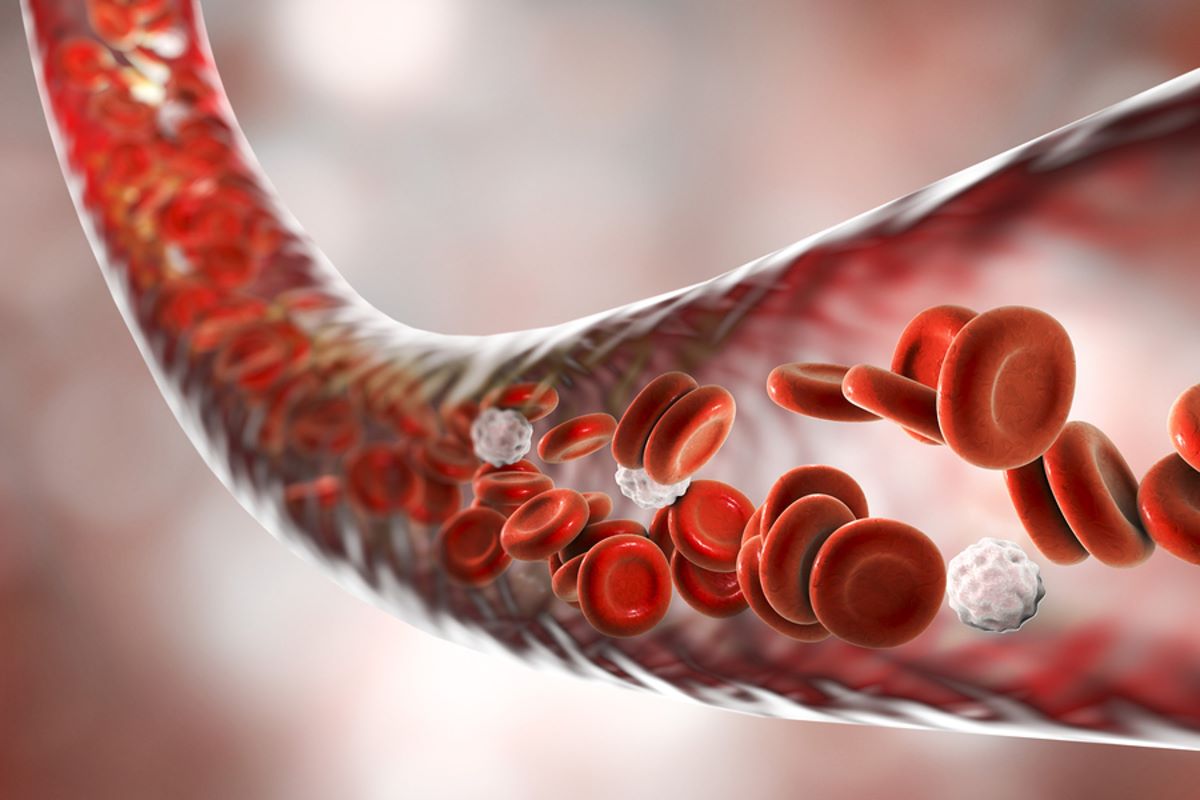
Albumins are fascinating proteins found in blood plasma, egg whites, and even milk. They play a crucial role in maintaining the body's fluid balance and transporting various substances like hormones, vitamins, and drugs. Ever wondered why egg whites turn white when cooked? That's albumin at work! These proteins are also essential in medical diagnostics and treatments, especially for conditions like liver disease and kidney disorders. Albumins have unique properties that make them versatile in both biological and industrial applications. From their role in nutrition to their importance in medicine, these proteins are truly remarkable. Ready to learn more? Let's dive into 20 intriguing facts about albumins!
What Are Albumins?
Albumins are a type of protein found in blood plasma. They play a crucial role in maintaining the body's osmotic pressure and transporting various substances. Let's dive into some fascinating facts about albumins.
-
Albumins are the most abundant protein in blood plasma. They make up about 60% of the total protein content in plasma.
-
They are produced in the liver. The liver synthesizes albumins, releasing them into the bloodstream to perform their functions.
-
Albumins help maintain osmotic pressure. This pressure is essential for keeping fluids within blood vessels, preventing swelling or edema.
-
They transport hormones, vitamins, and drugs. Albumins act as carriers, ensuring these substances reach their target tissues.
-
Albumins have a half-life of about 20 days. This means they are relatively stable and long-lasting in the bloodstream.
Functions of Albumins
Albumins are not just passive proteins; they have several active roles in the body. Here are some key functions they perform.
-
They bind to fatty acids. This helps in the transport and metabolism of fats within the body.
-
Albumins act as antioxidants. They can neutralize free radicals, protecting cells from damage.
-
They help in pH regulation. Albumins can bind to hydrogen ions, helping to maintain the body's acid-base balance.
-
Albumins are involved in tissue growth and repair. They provide amino acids necessary for these processes.
-
They play a role in blood clotting. Albumins can influence the coagulation process, although they are not clotting factors themselves.
Albumins in Medicine
Albumins have significant medical applications, especially in treating various conditions. Here are some ways they are used in healthcare.
-
Albumin solutions are used in fluid resuscitation. They help restore blood volume in patients with severe blood loss or burns.
-
They are used in treating hypoalbuminemia. This condition, characterized by low albumin levels, can be managed with albumin infusions.
-
Albumins are used in drug formulations. They can enhance the stability and delivery of certain medications.
-
They are used in diagnostic tests. Albumin levels in blood and urine can indicate kidney or liver function.
-
Albumins are used in laboratory research. They serve as a standard or control in various biochemical assays.
Interesting Facts About Albumins
Beyond their biological and medical significance, albumins have some intriguing aspects worth noting.
-
Albumins can be found in egg whites. The albumin in eggs is similar to that in human blood, making it a valuable protein source.
-
They have a high binding capacity. Albumins can bind to a wide range of molecules, making them versatile transporters.
-
Albumins are used in the food industry. They can improve the texture and stability of food products.
-
They are involved in the immune response. Albumins can bind to pathogens, aiding in their removal from the body.
-
Albumins have been studied for their role in aging. Research suggests that albumin levels may decrease with age, impacting overall health.
The Final Scoop on Albumins
Albumins play a vital role in our bodies. They help maintain blood pressure, transport hormones, and keep fluids in check. Found in eggs, milk, and blood, these proteins are essential for overall health. Low albumin levels can signal liver or kidney issues, so regular check-ups are important.
Understanding albumins can help you make better dietary choices. Including albumin-rich foods like eggs and dairy can boost your protein intake. This can be especially beneficial for athletes and those recovering from illness.
Remember, albumins aren't just another protein. They’re crucial for many bodily functions. Keeping an eye on your albumin levels can provide insights into your health. So, next time you crack an egg or pour a glass of milk, think about the albumins working behind the scenes to keep you healthy.
Was this page helpful?
Our commitment to delivering trustworthy and engaging content is at the heart of what we do. Each fact on our site is contributed by real users like you, bringing a wealth of diverse insights and information. To ensure the highest standards of accuracy and reliability, our dedicated editors meticulously review each submission. This process guarantees that the facts we share are not only fascinating but also credible. Trust in our commitment to quality and authenticity as you explore and learn with us.


